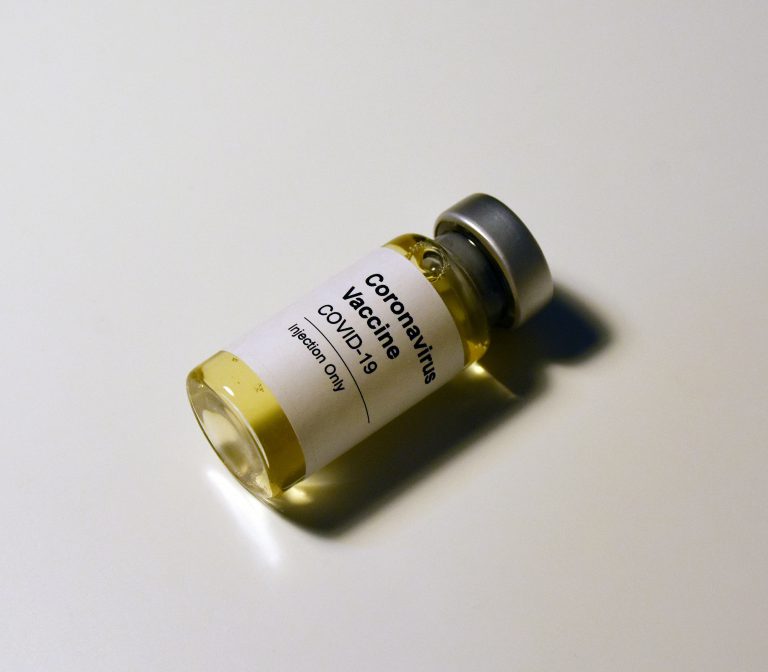You’ve taken all the necessary medication needed to get rid of your pesky flu. You’ve consumed enough water and gotten proper rest. You were so sure that you’ve already eliminated all the flu-like symptoms plaguing your body, but there’s just one remaining problem: you can’t seem to stop coughing!
Here is the good news: the persistent tickle you’re feeling in your throat doesn’t necessarily imply that you’re still sick. There are multiple reasons why there are still lingering cold symptoms that remain even after your body has fought off the illness.
“Many patients want a cold to last just a couple days, but people can have symptoms for a week or two, or even three, from a simple virus,” Dr. John Dougherty, a primary care physician at UCLA Health in Beverly Hills, California, explained.
He said that symptoms like a cough caused by a virus or infection are as much brought about by the condition as they are by the immune system’s solution to fighting against the illness. In short: coughing is your body’s defense against disease. Its forceful nature helps clear your airways of harmful microbes, mucus, and other irritants.
“You’ll have white blood cells that move to fight off whatever is causing [the illness], so then, even after the cold or flu or virus is eradicated, your body is still resolving that inflammation and can cause persistent symptoms,” he added.
But the number one reason that people have a hard time waning off a cough is a postnasal drip.
“Mucus builds up when you have a cold, and your nasal cavity and sinuses will keep dripping [the mucus] in the back of your throat, creating a tickle effect that will make you want to cough,” Dougherty said. To treat this, you can use sinus cleanses to rinse out your sinuses. Alternatively, try antihistamines to help dry up the mucus.
If a postnasal drip is not the main culprit behind your persistent coughing, it may be one of the following:
- A secondary infection like post-viral pneumonia: There are times where your immune system is too busy fighting off a viral infection that it fails to kick another approaching bacterial infection to the curb. When that happens, you would then need a different treatment. “If you get sick, then get better, then redouble and get worse, the worsening can be a sign of another infection that has taken hold,” he said.
- Asthma: Cough can also be caused by asthma. Other times, when people acquire a cold, it results in an asthmatic response.
- You never had a cold in the first place: There are a number of diseases whose symptoms mimic a cold. It could be a nasal drip, acid reflux, or heartburn.
If you experience health issues worse than a cough, it’s essential to get checked out right away. You know it’s time to consult a doctor when your cough is lasting longer than it should, when something is changing with your cough, or when you start coughing up blood.
Browse our website today for more news in the medical industry.
















